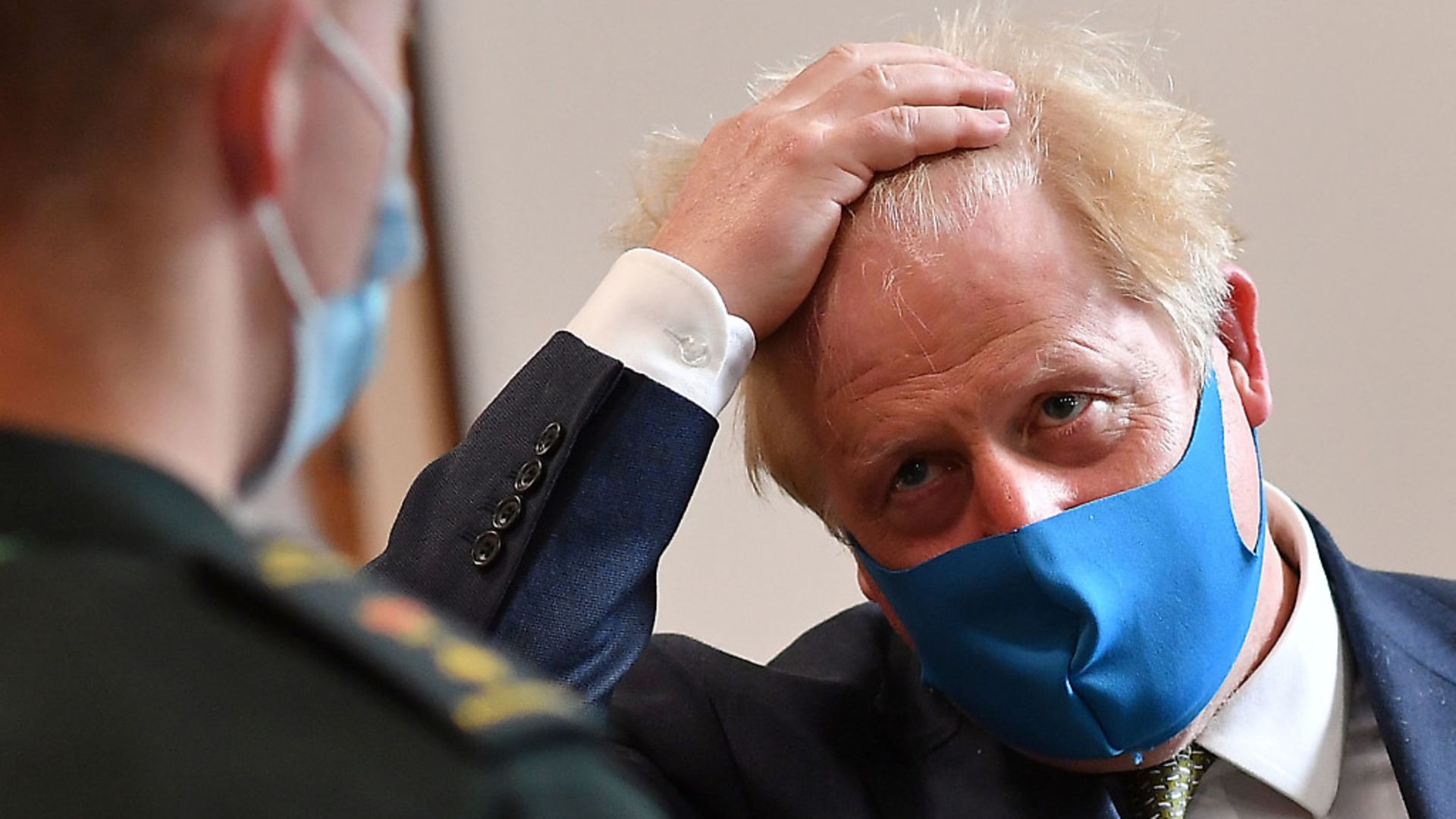
Boris Johnson has defended his pick of the UK’s race commissioner who previously called evidence of institutional racism ‘flimsy’.
Prime minister Boris Johnson revealed that Tony Sewell, an education consultant and columnist, will chair the new Commission on Race and Ethnic Disparities.
Sewell previously told Prospect magazine in 2010 that examples of institutional racism in the UK had been ‘flimsy’.
In an interview with the Times newspaper last year, the former teacher suggested that the root cause of knife crime and gang culture among black youths was absent fathers, citing figures showing that about 50% of black children grow up without a father.
‘People often say I’m ‘brave’ to say that. It’s so patronising,’ he told the paper.
Defending the decision, a spokesman for the prime minister said: ‘In terms of Dr Sewell CBE, he has supported many young people from diverse backgrounds into stem (science, technology, engineering and mathematics) careers.
‘The PM knows very well his work and how it has improved access to education across London.
‘The PM is confident that he shares his commitment to maximising opportunity for all.’
Johnson established the commission after a series of Black Lives Matter protests on British streets triggered by the death in the US of George Floyd while in police custody.
The 10-person group, comprised of representatives from the fields of science, education, broadcasting, economics, medicine, policing and community organising, will look to deliver a report on race disparity within the health, education, criminal justice and employment sectors by the end of this year.
This is not the first time the commission has been overshadowed by controversy. Earlier on, Johnson drew criticism for appointing Munira Mirza, head of the Number 10 policy unit, a major role in the its creation.
Mirza had previously questioned the existence of institutional racism and hit out at a ‘culture of grievance’ among anti-racism campaigners.
Sewell, currently head of education charity Generating Genius, said: ‘I know however that inequality exists, and I am committed to working with my fellow commissioners to understand why.
‘Together we will set out recommendations for action across government, public bodies and the private sector, and will seek to inform a national conversation about race, led by the evidence.’
Liberal Democrat Equalities spokesperson Christine Jardine said: ‘As Black Lives Matter has shown, the Conservative government urgently needs to redress institutional racism in the criminal justice system and many other parts of our society.
‘We wish the commission well, and commit the Liberal Democrats to playing a constructive role. But, to guarantee this commission has real teeth, the prime minister should commit now to ensuring the recommendations to come don’t just sit and gather dust.
‘Conservative ministers must not use the commission as an excuse to stall on tackling racism. We need a Race Equality Strategy now, starting with scrapping the Hostile Environment policies and suspicion-less Stop and Search.’
The other commissioners include space scientist and broadcaster Dr Maggie Aderin-Pocock, chairman of the Youth Justice Board for England and Wales Keith Fraser, ex-BBC journalist Dr Samir Shah, professor of surgery at University College London Lord Ajay Kakkar, economist Dr Dambisa Moyo, academies trust chief executive Martyn Oliver, co-founder of UKGovChat Naureen Khalid, Muslims for Britain co-founder Aftab Chughtai, and commentator Mercy Muroki.
Two representatives from the Windrush Working Group – director of Voice4Change Kunle Olulode and Blondel Cluff, chief executive of the West India committee – will attend meetings where relevant, No. 10 confirmed.
Sewell previously worked with the prime minister in 2013 when he led the then mayor’s education inquiry into the capital’s schools, which resulted in the creation of the London Schools Excellence Fund.









